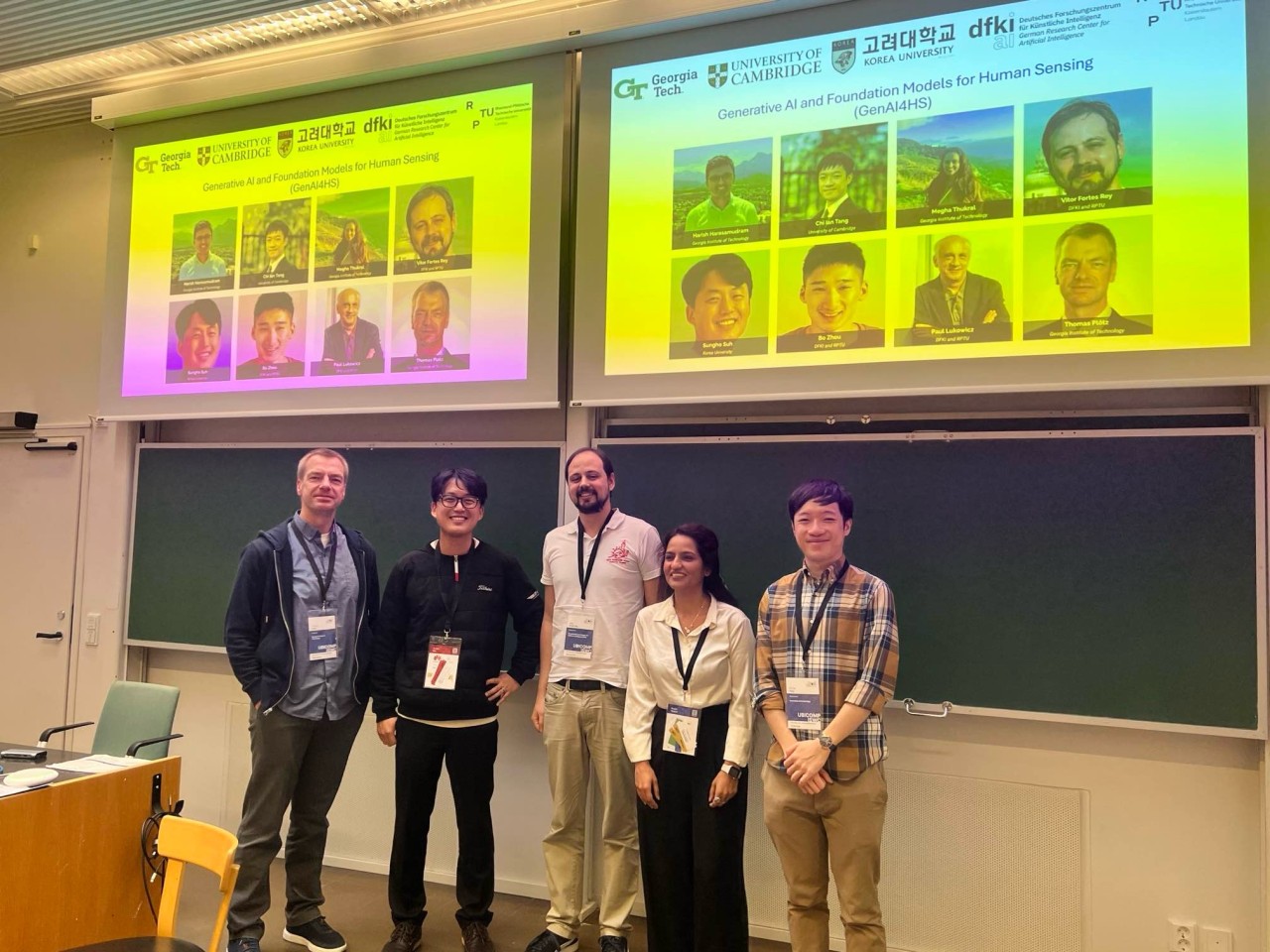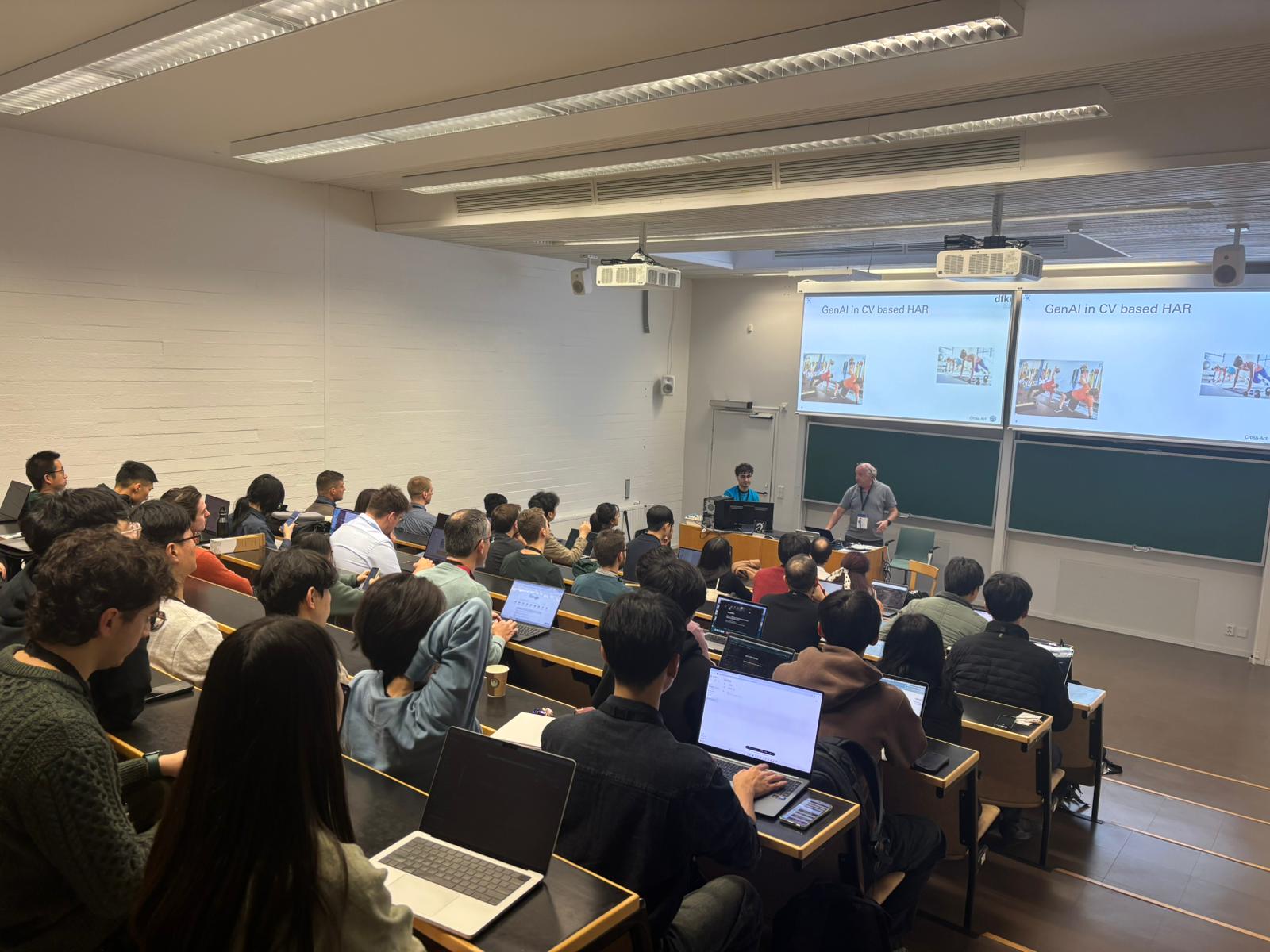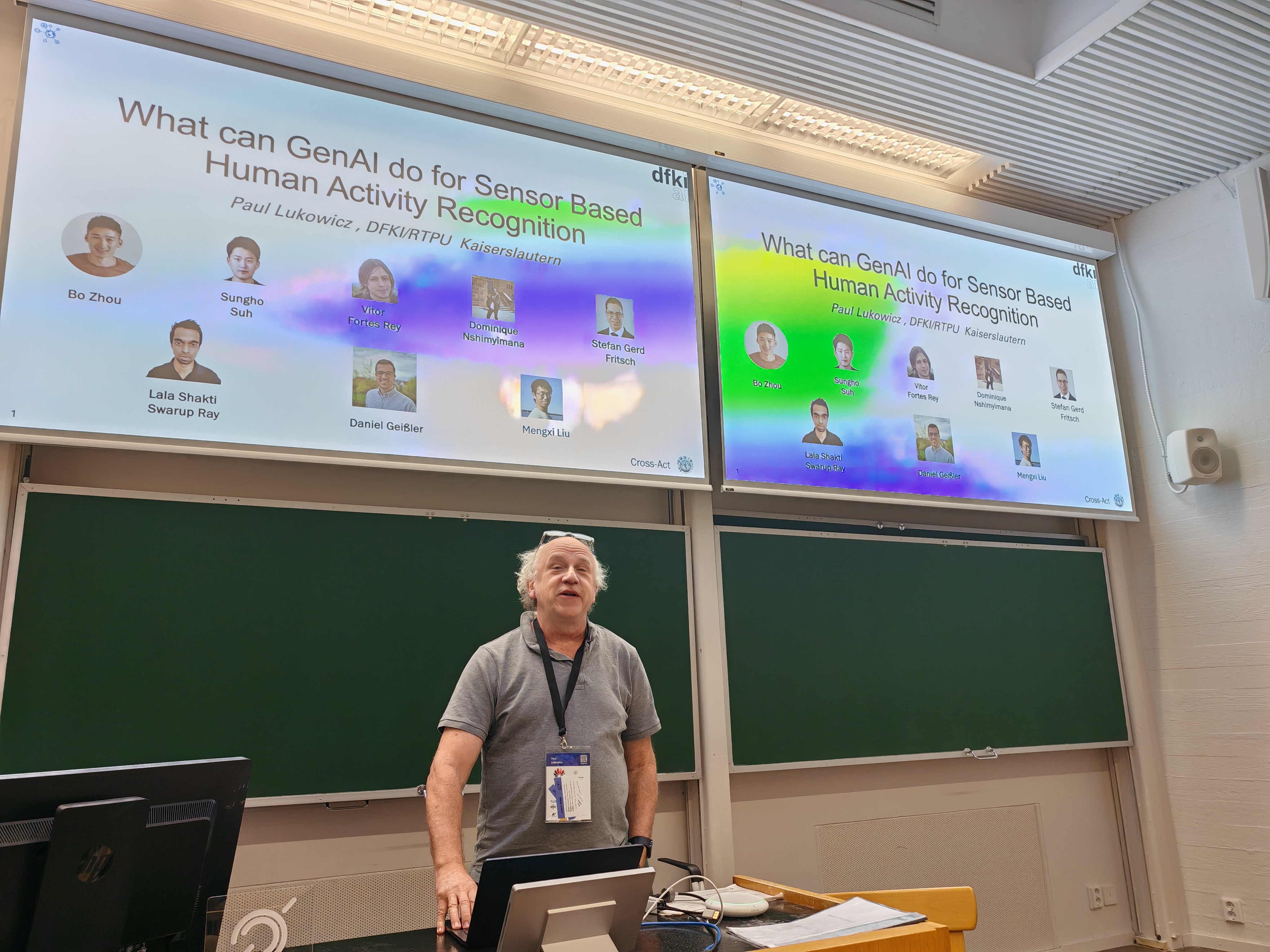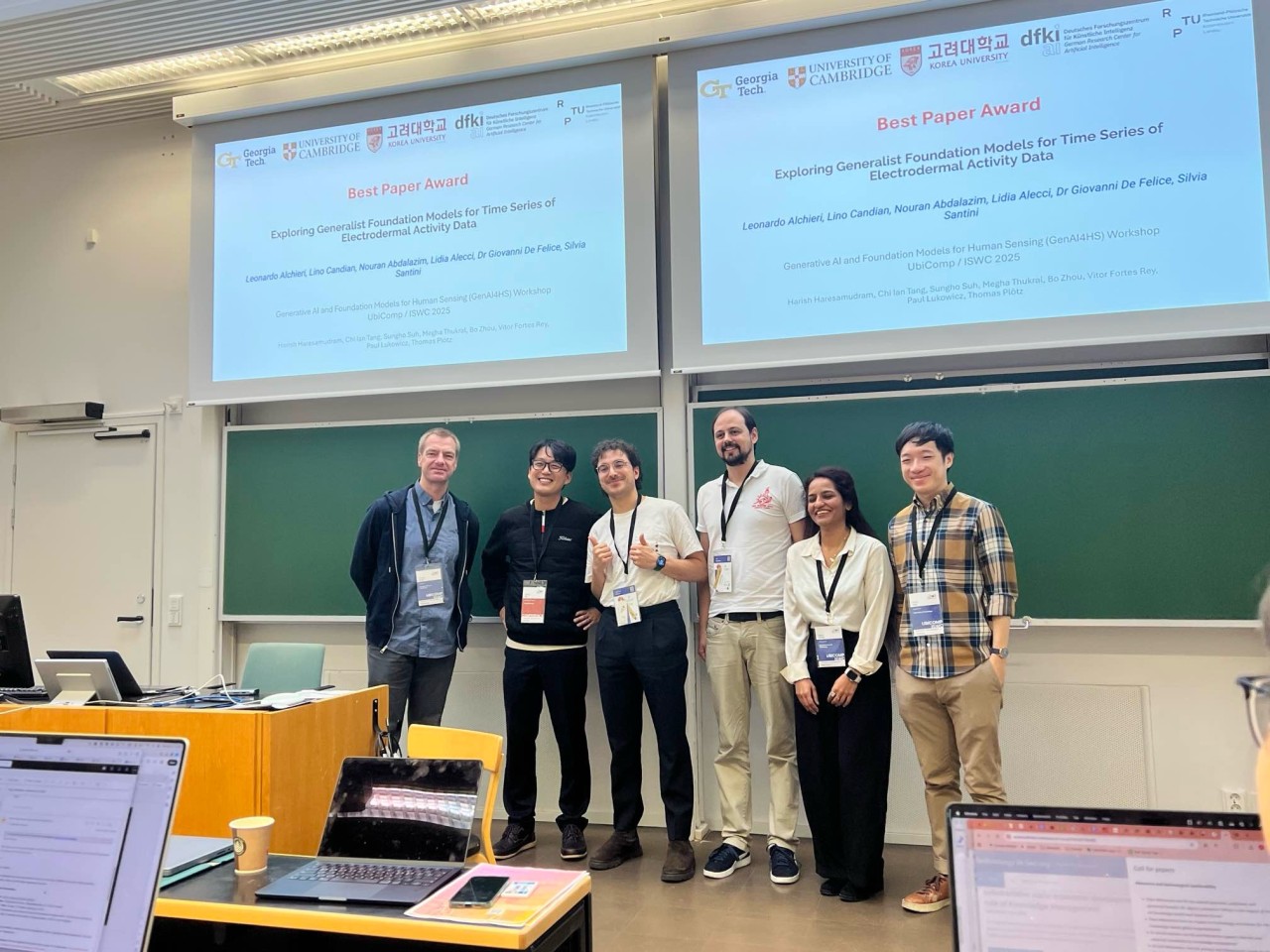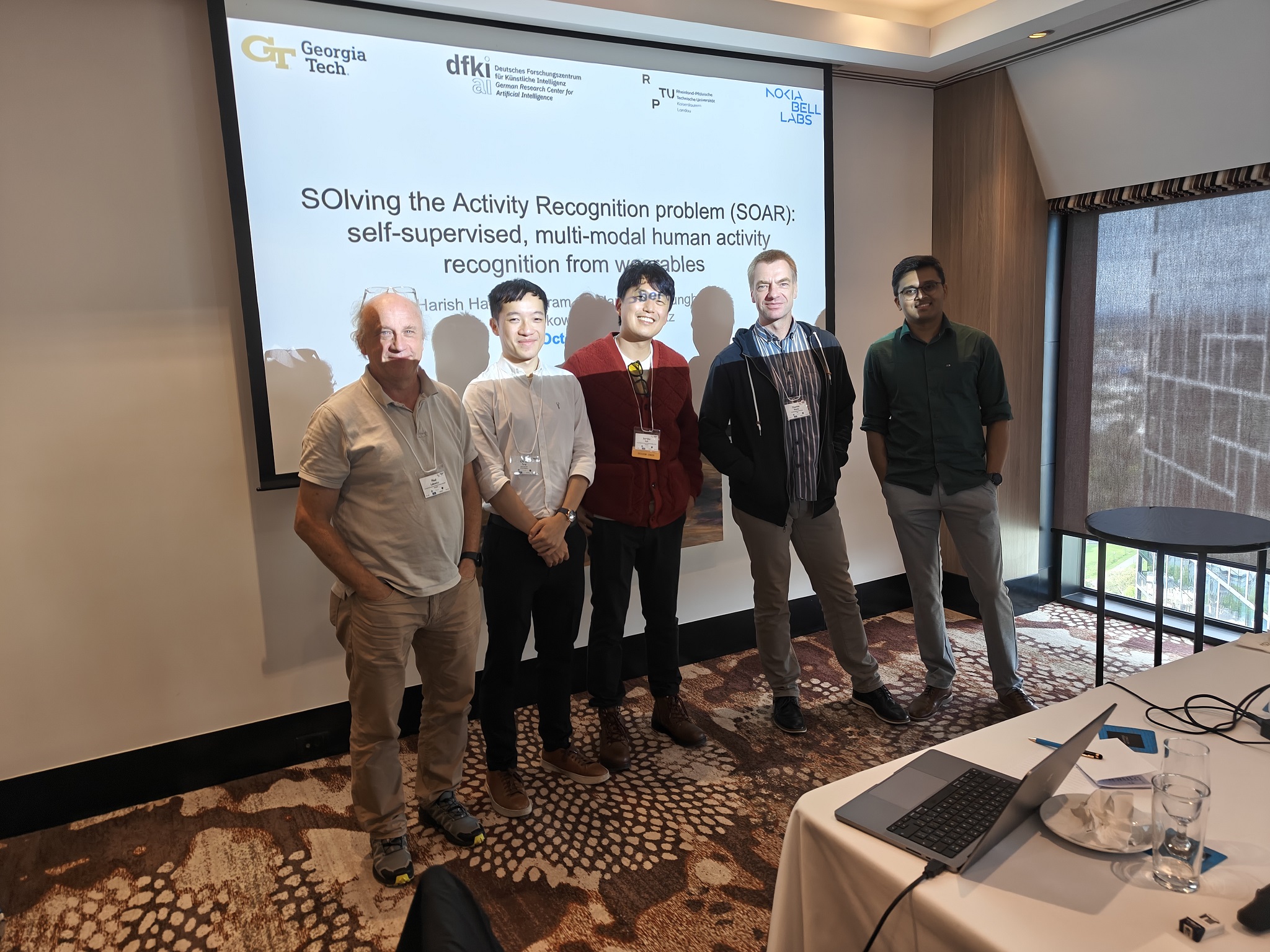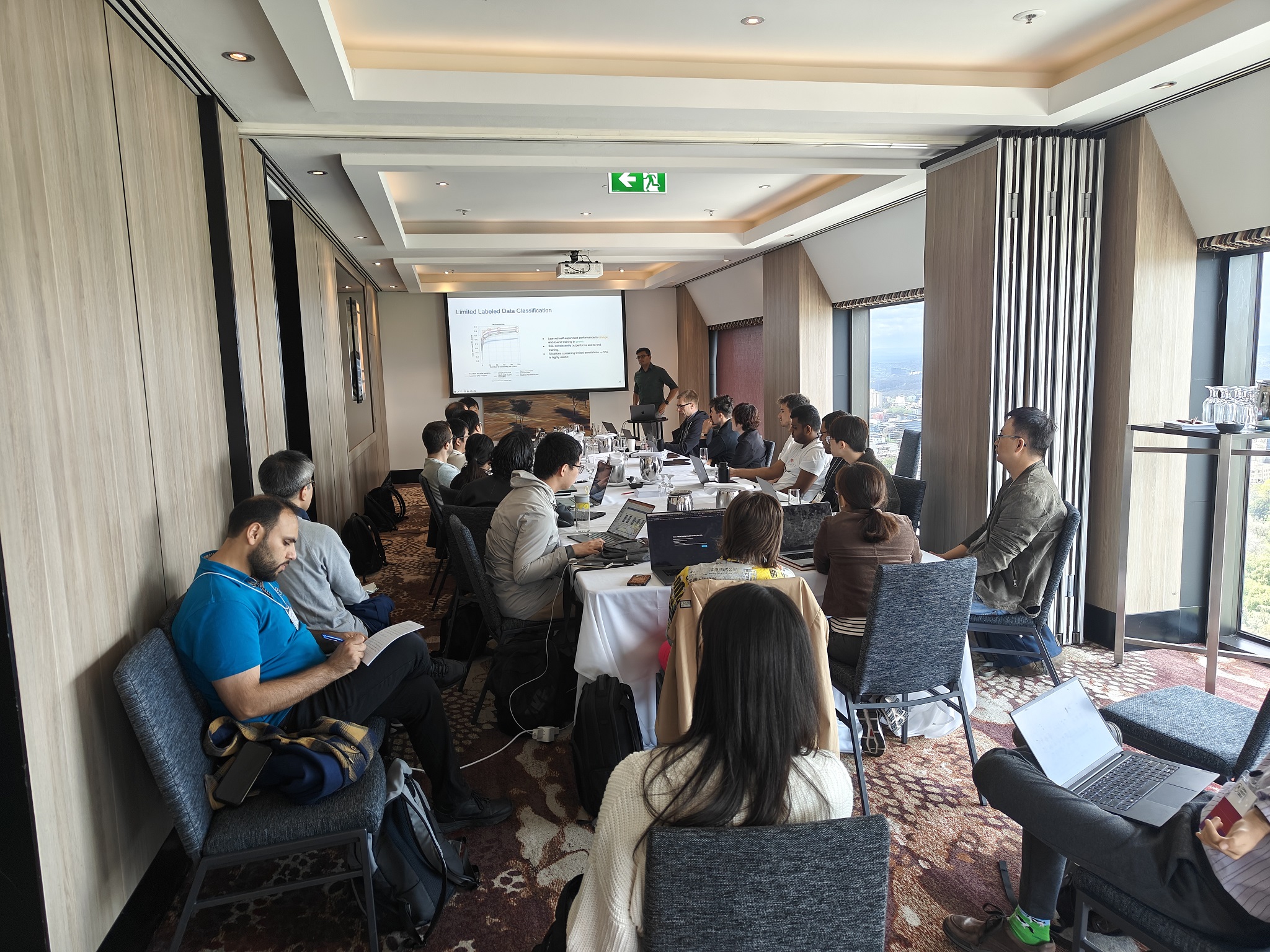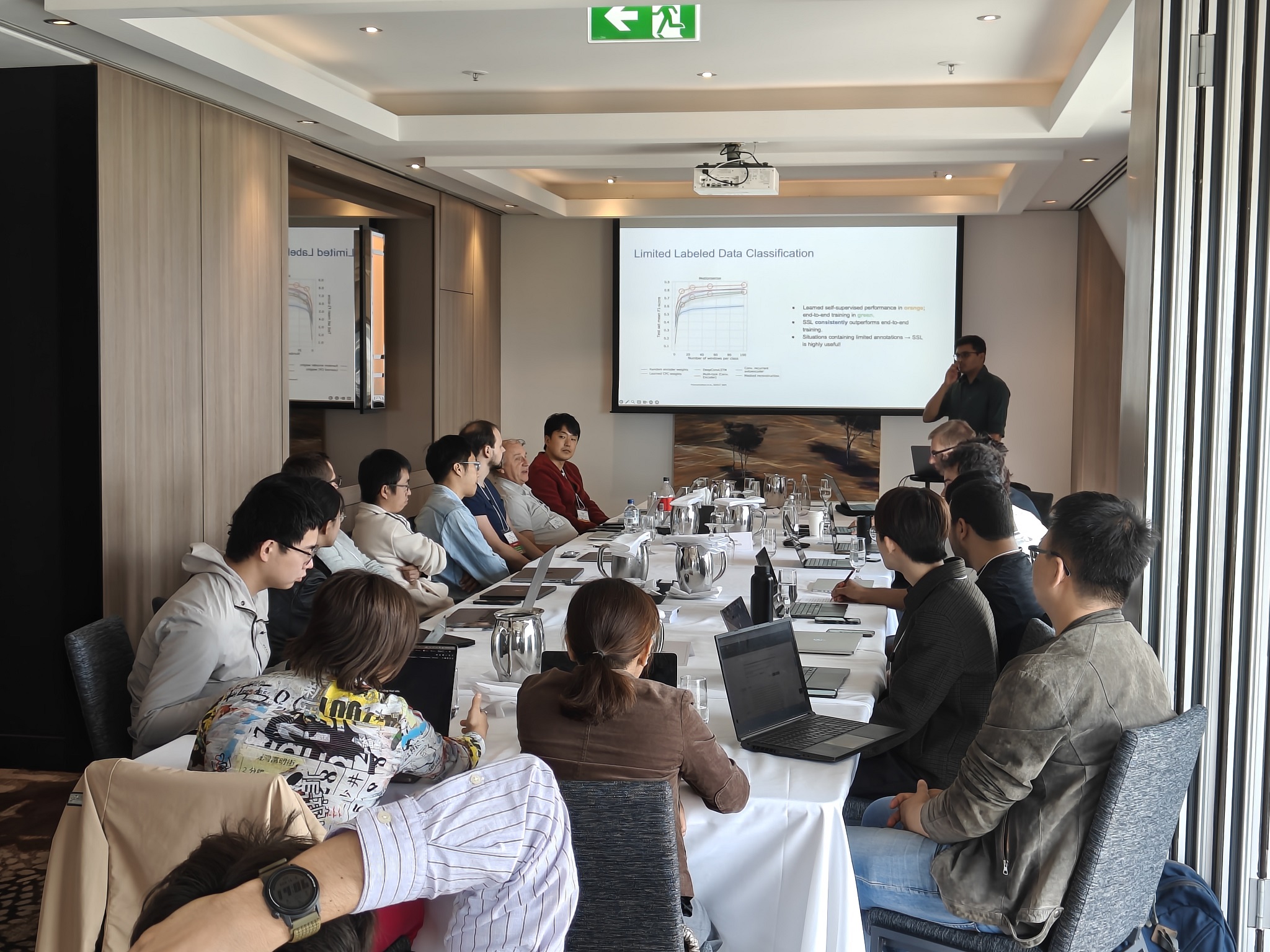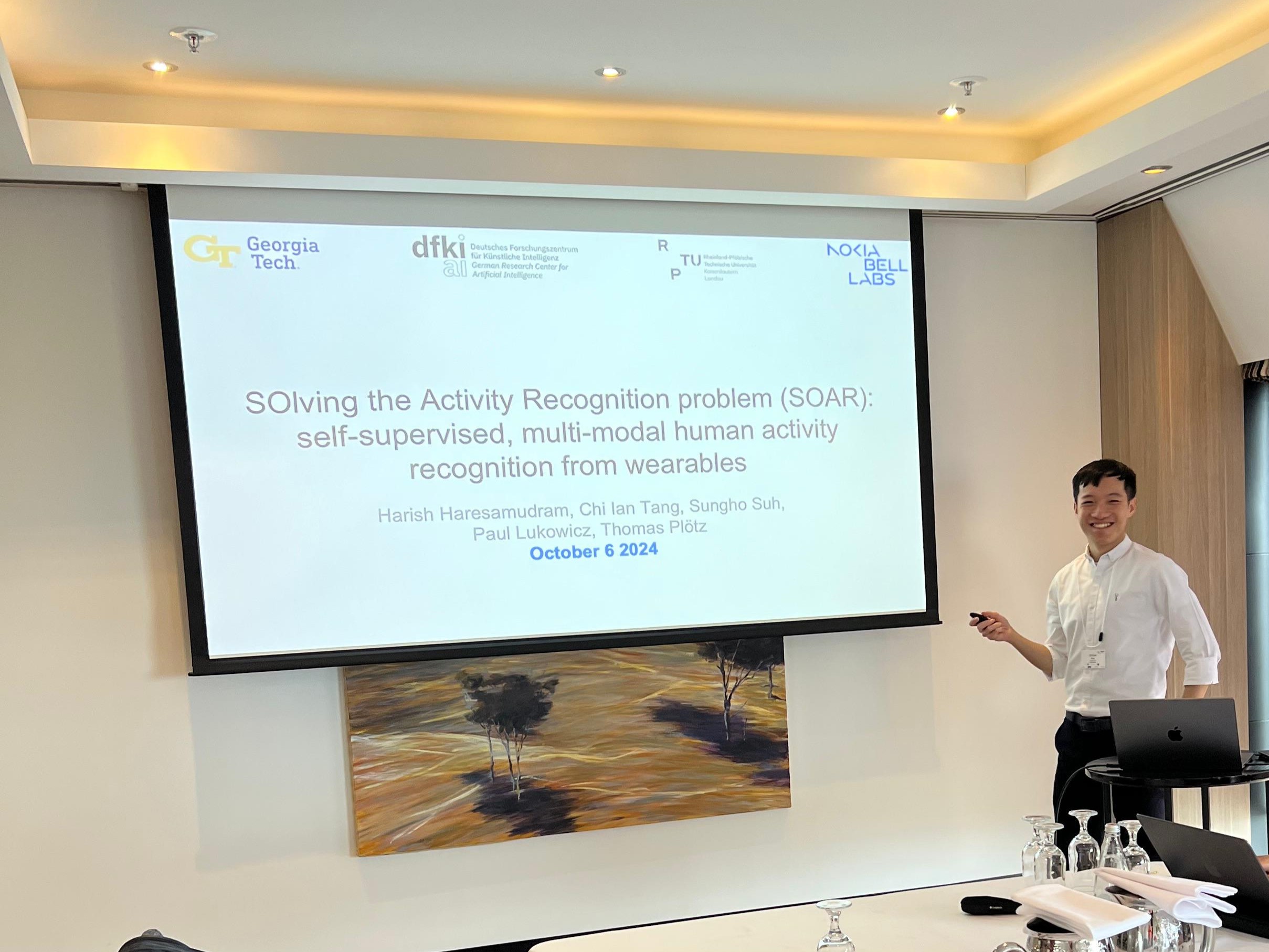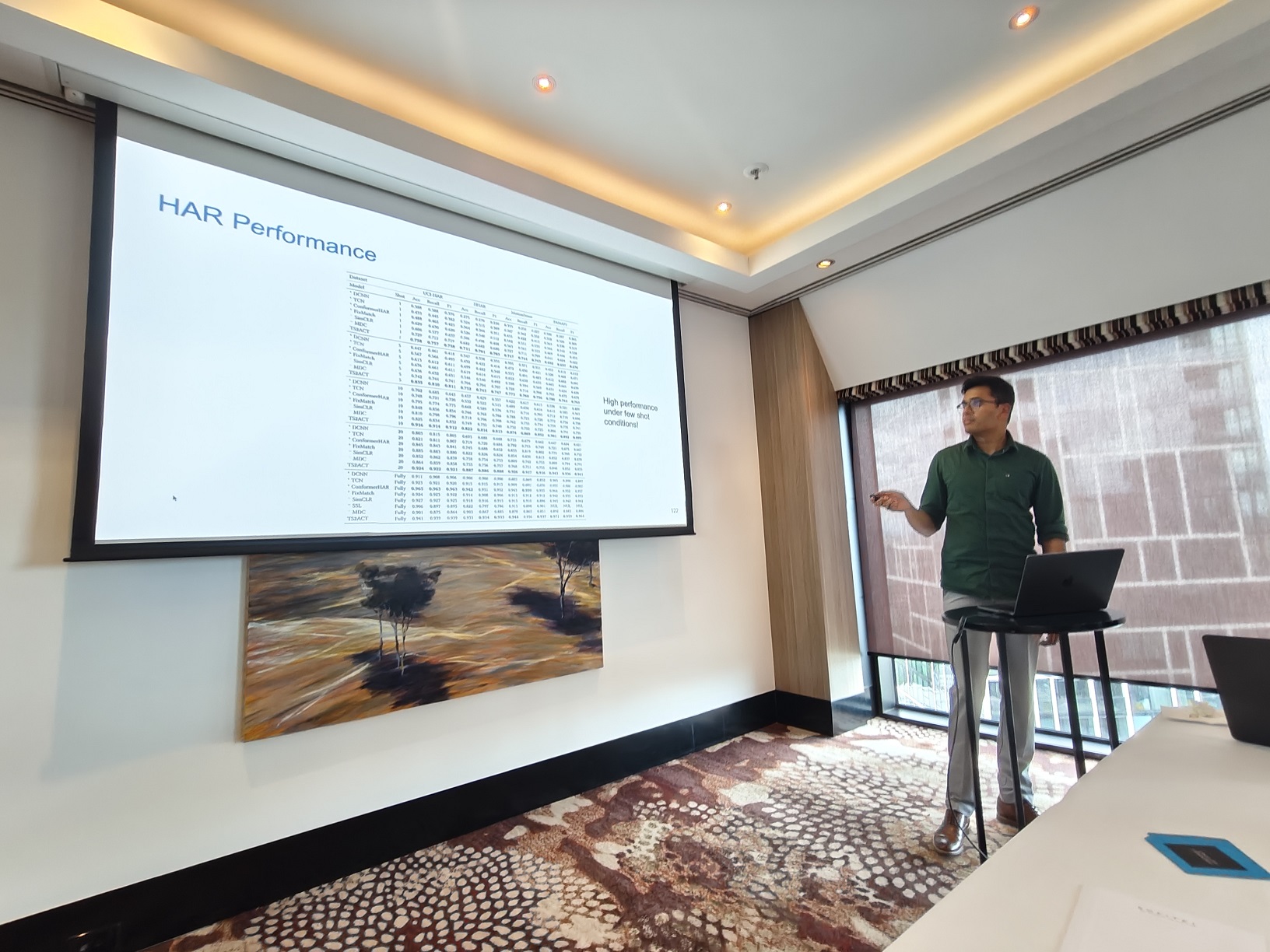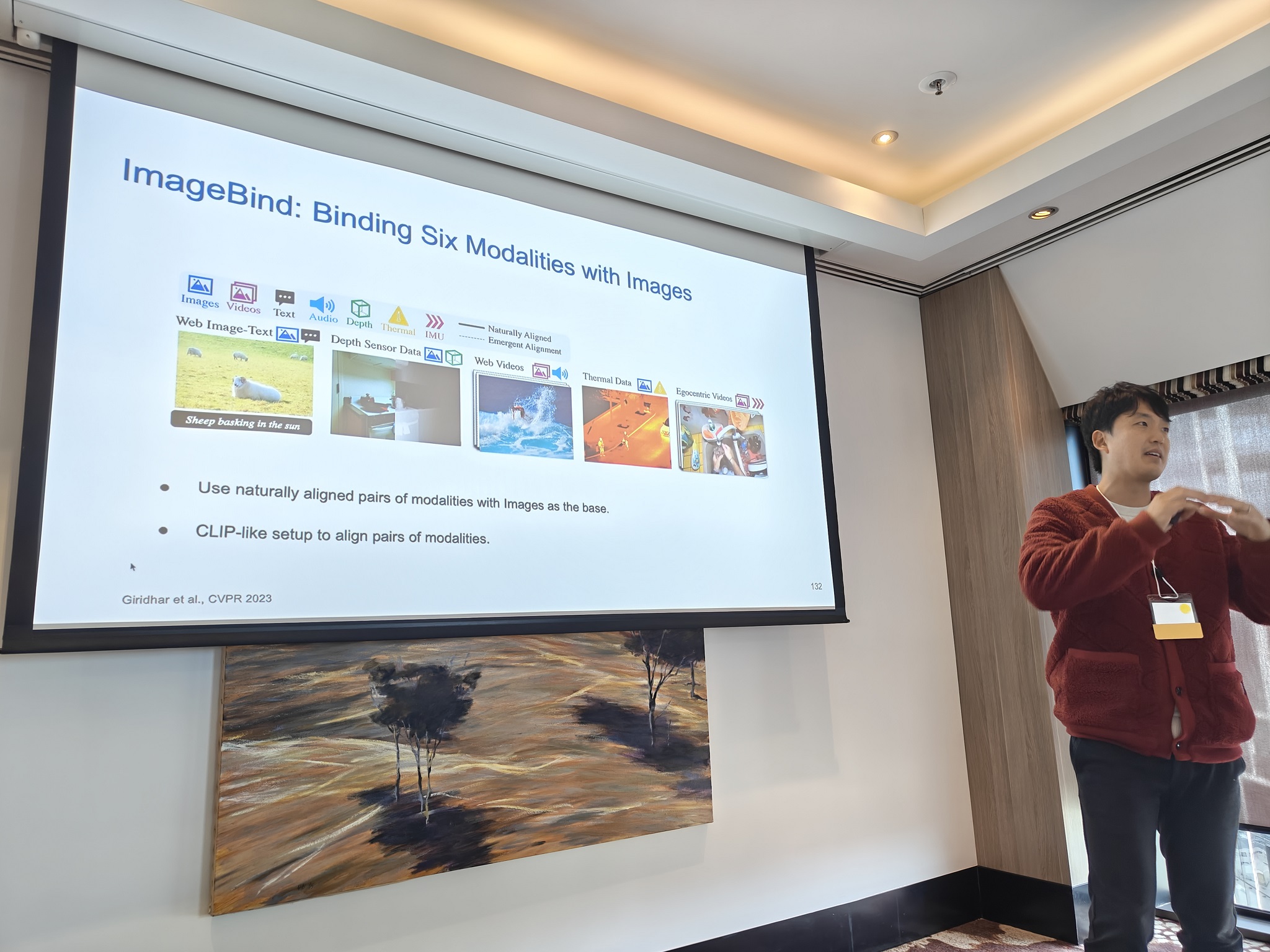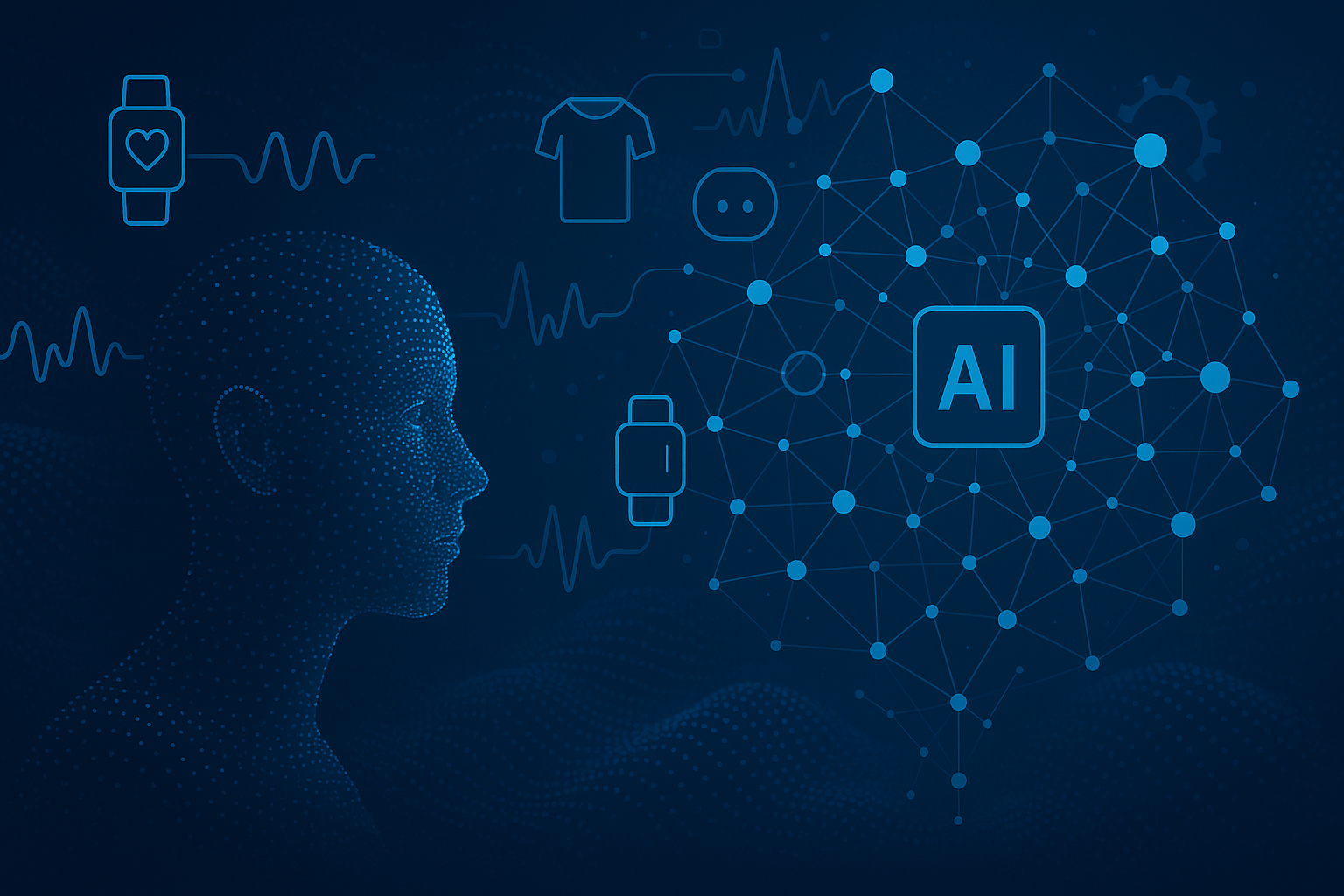
Generative AI and Foundation Models for Human Sensing Workshop
GenAI4HS @ UbiComp 2025
Where
U5 147, Undergraduate Centre, Otakaari 1
Aalto University, Espoo, Finland
When
09:00 - 13:00
12 October 2025
Call for Participation
Important Details
Submission Deadline
Acceptance Notification
Camera-ready Deadline
Submission Platform
→ Society: SIGCHI
→ Conference: UbiComp/ISWC 2025
→ Track: UbiComp/ISWC 2025 GenAI4HS
Formatting
UbiComp / ISWC 2025 Publication Templates
Paper Length
Themes and Goals
Human sensing plays a critical role in wide ranging applications such as human activity recognition, health monitoring and behavior analysis, often driven by the development of specialized models. Meanwhile, broadly usable, generic models, particularly involving Generative AI and foundational models, have brought transformative advancements in other domains. Yet, similar breakthroughs have not yet been widely observed in wearable and ubiquitous computing.
This workshop aims to bring researchers and practitioners to discuss the recent trends and challenges in building foundational models for human sensing, and integrating advances from Generative AI into sensor pipelines. The workshop will present an opportunity for researchers to present their latest findings, acquire hands-on experience, and discuss the future of the field. It will also contain a mini-tutorial and mini-hackathon on using Generative AI and foundational models for human sensing applications and host presentations for the accepted submissions, which will take the form of full and position papers. We particularly welcome preliminary or work-in-progress results, in cover topics such as, but not limited to:
- Foundational models for wearable and ubiquitous computing.
- Augmenting context descriptions with generative models.
- Multi-modal domain adaptation or representation Learning for wearable and ubiquitous computing.
- Using generative models for data simulation, e.g., text-to-motion, diffusion models, and others. This also includes physical simulation and addressing the critical "sim2real" gap.
- Large Language Model (LLM) integration for ubiquitous computing.
- Challenges in practical deployment of Generative AI and foundational models in-the-wild.
Papers submitted for review should be 4 - 6 pages in length (excluding references). Submissions will go through a single-phase review process with at least 2 reviewers. They will be reviewed and selected based on their originality, relevance, technical correctness, and their potential for initiating fruitful discussions at the workshop. Note, that position papers are not expected to present finished research projects. We rather ask for thought-provoking ideas or initial explorations of a topic. At the workshop, accepted submissions will be presented in a 10-minute presentation. At least one author of an accepted submission must attend the workshop. All accepted workshop papers can be included in the ACM Digital Library (DL) and the supplemental proceedings.
Program
The workshop will be a half-day workshop (09:00 - 13:00) taking place on Sunday, 12 October 2025.
Welcome and Introductions
An introduction given by the organizers with a summary of the workshop's themes, goals, and outline.
Paper Presentations - Session 1
A set of 15-minute paper presentations.
Coffee Break
A coffee break and poster session organized by UbiComp / ISWC 2025.
Paper Presentations - Session 2
A set of 15-minute paper presentations.
Activity
A hands-on activity on the exploration of LLMs for HAR.
Final Remarks
Speaker

Paul Lukowicz
DFKI and RPTUAccepted Papers
LLaSA: A Sensor-Aware LLM for Natural Language Reasoning of Human Activity from IMU Data
Sheikh Asif Imran Shouborno (Worcester Polytechnic Institute), Mohammad Nur Hossain Khan (Worcester Polytechnic Institute), Subrata Biswas (Worcester Polytechnic Institute), Bashima Islam (Worcester Polytechnic Institute)
🏆 Best Paper Award
Exploring Generalist Foundation Models for Time Series of Electrodermal Activity Data
Leonardo Alchieri (Università della Svizzera Italiana), Lino Candian (Università della Svizzera Italiana), Nouran Abdalazim (Università della Svizzera Italiana), Lidia Alecci (Università della Svizzera Italiana), Dr Giovanni De Felice (Università della Svizzera Italiana), Silvia Santini (Università della Svizzera Italiana)
Revisiting Multi-Agent GAN for Multimodal Time Series Generation in Human Sensing and mHealth Applications
Flavio Di Martino (IIT-CNR), Shankho Subhra Pal (IIT-CNR), Franca Delmastro (IIT-CNR)
A Multi-Agent LLM Network for Suggesting and Correcting Human Activity and Posture Annotations
Ha Le (Northeastern University), Akshat Choube (Northeastern University), Vedant Das Swain (New York University), Varun Mishra (Northeastern University), Stephen Intille (Northeastern University)
Thou Shalt Not Prompt: Zero-Shot Human Activity Recognition in Smart Homes via Language Modeling of Sensor Data & Activities
Sourish Gunesh Dhekane (Georgia Institute of Technology), Thomas Ploetz (Georgia Institute of Technology)
Organizers
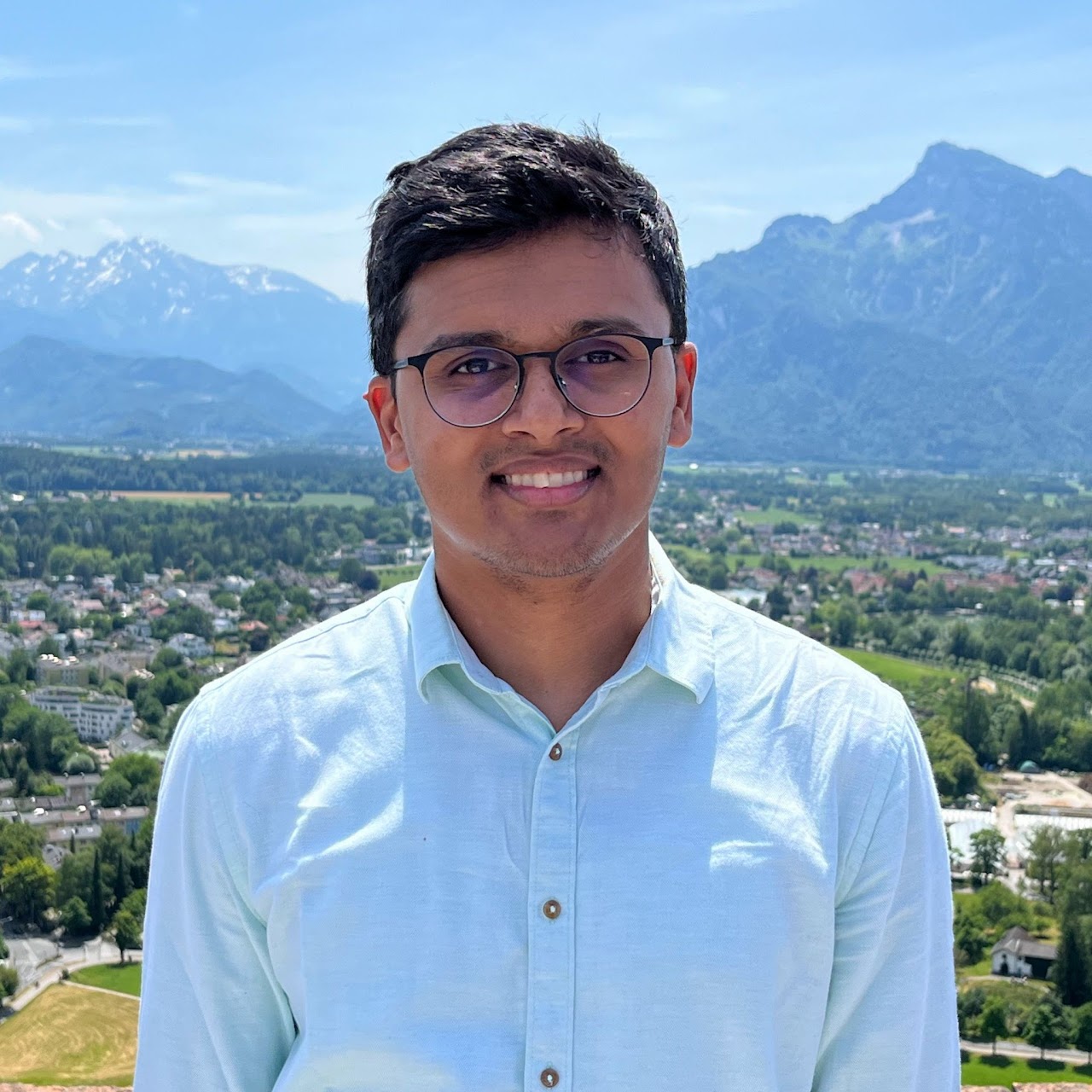
Harish Haresamudram
Georgia Institute of Technology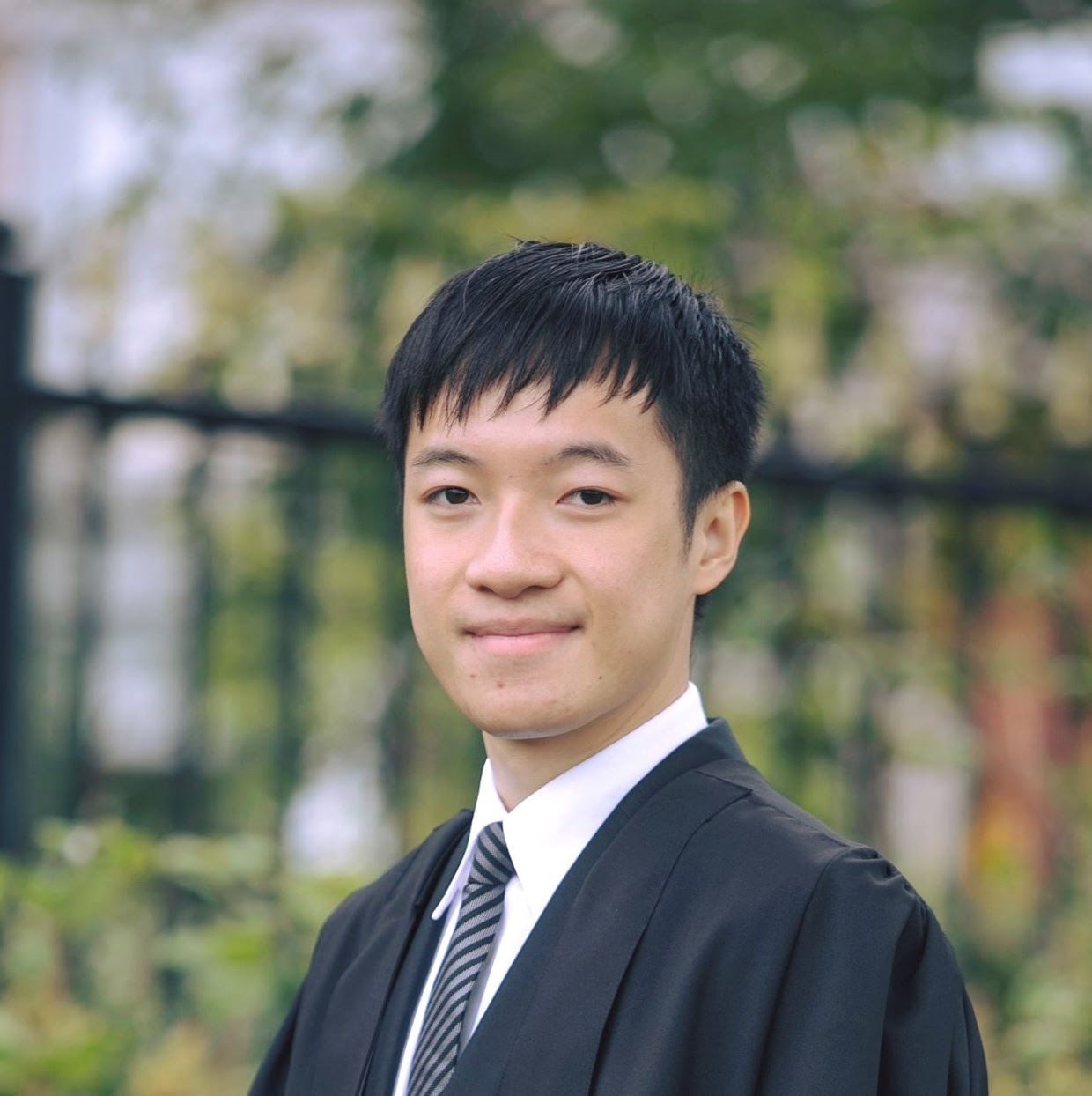
Chi Ian Tang
University of Cambridge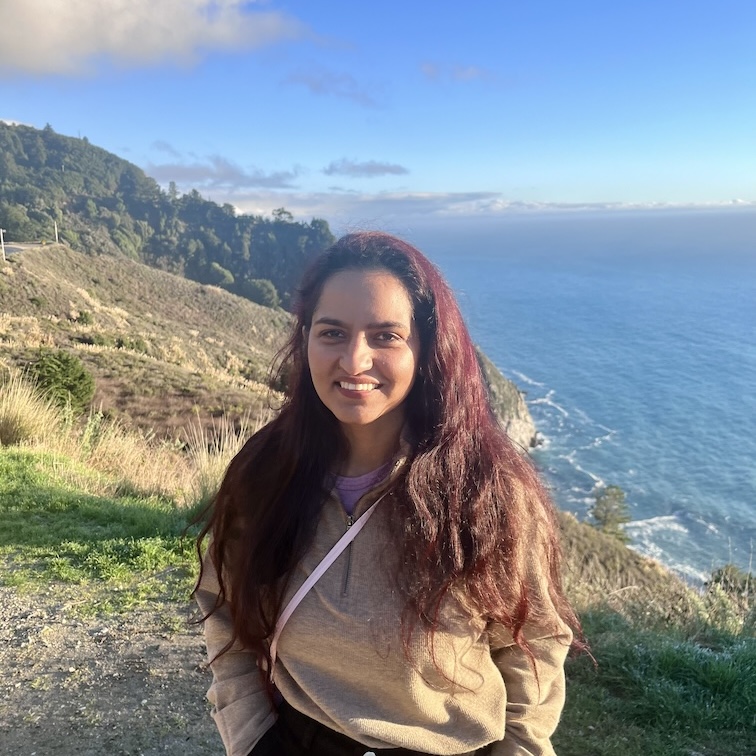
Megha Thukral
Georgia Institute of Technology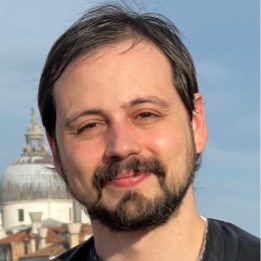
Vitor Fortes Rey
DFKI and RPTU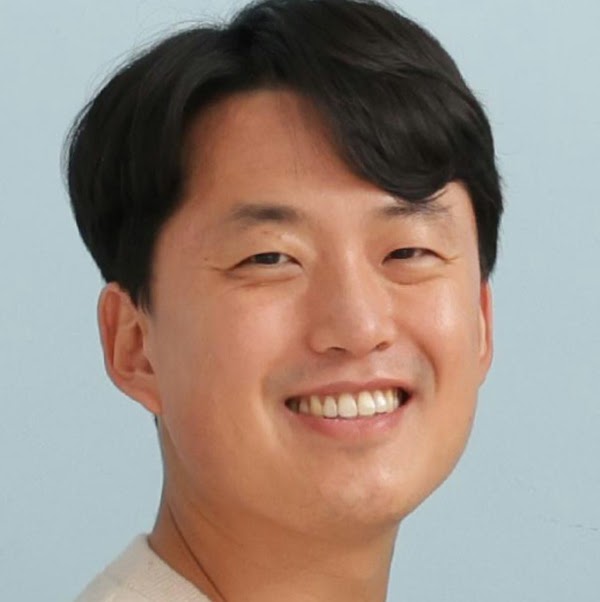
Sungho Suh
Korea University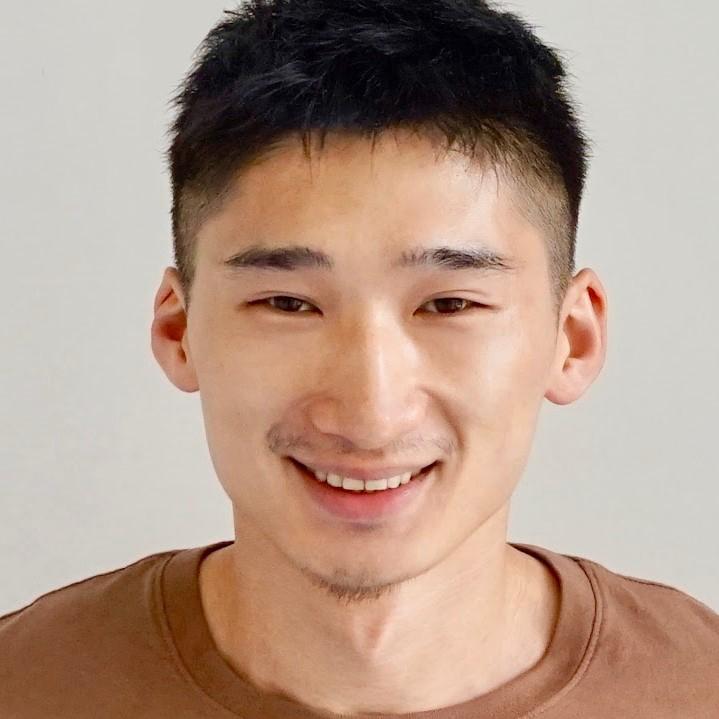
Bo Zhou
DFKI and RPTU
Paul Lukowicz
DFKI and RPTU
Thomas Plötz
Georgia Institute of TechnologyDownloads/Resources
CSV File for Exploration https://tinyurl.com/data-har
Exploration Prompts: Google Doc
Registration and Attendance
Participants can register via the UbiComp 2025 Conference Registration (Open now!)
Past Photos
This workshop builds upon the successful Ubicomp Tutorials On Solving The Activity Recognition Problem (SOAR).
SOAR @ Ubicomp 2024
SOAR @ Ubicomp 2023
Contact
Email Us
hharesamudram3 at gatech.edu
thomas.ploetz at gatech.edu
cit27 at cl.cam.ac.uk
